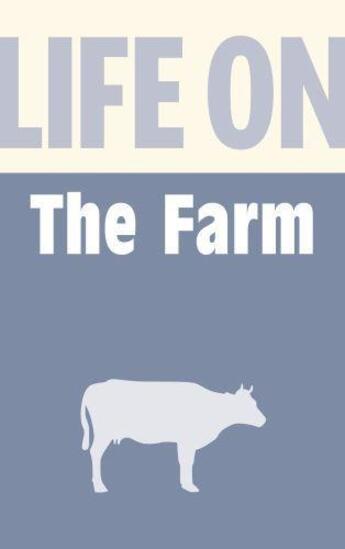Des idées de lecture pour ce début d'année !
Passionné(e) de lecture ? Inscrivez-vous
gratuitement ou connectez-vous pour rejoindre la
communauté et bénéficier de toutes les fonctionnalités du site !

Though not all of Britain was suitable for arable farming, for centuries life on the farm depended on two things - manpower and horsepower. The first major change began in the 17th century with the enclosure of common land. Instead of farming their own strips, yeomen were employed by landowners and lived in tied cottages. New machines and closed fields helped to produce better breeds of livestock but the work of the farm still depended on hard manual labour, helped only by the horses that pulled the plough. The farm day was governed by the sun and each season had its own tasks - busiest of all was harvest time. Mechanisation began in the 19th century but had little impact until the middle of the 20th century. Everything changed with the arrival of the internal combustion engine and the development of the tractor; horses largely disappeared from farms and fewer workers were needed. One man and a machine could now do the work of dozens: farming had changed forever. This is the story of a way of life that has all but vanished.
Il n'y a pas encore de discussion sur ce livre
Soyez le premier à en lancer une !

Des idées de lecture pour ce début d'année !

Si certaines sont impressionnantes et effrayantes, d'autres sont drôles et rassurantes !

A gagner : la BD jeunesse adaptée du classique de Mary Shelley !

Caraïbes, 1492. "Ce sont ceux qui ont posé le pied sur ces terres qui ont amené la barbarie, la torture, la cruauté, la destruction des lieux, la mort..."